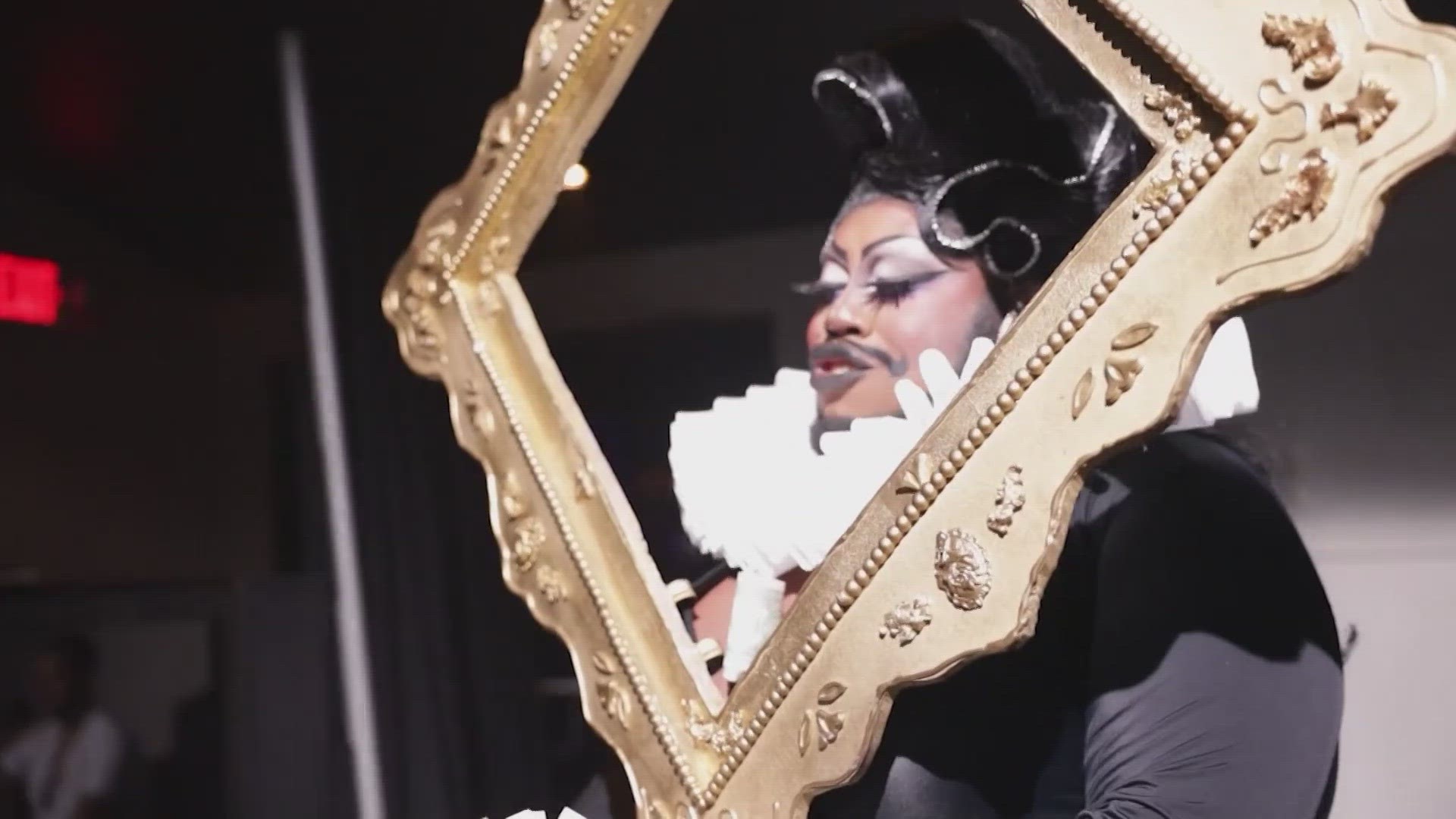TEXAS, USA — The latest version of Senate Bill 12, known as a committee substitute bill, removes any specific mention of drag shows.
Instead, it bans a sexually oriented performance in front of someone under 18 that includes “a male performer exhibiting as a female, or a female performer exhibiting as a male” and that is “appealing to the prurient interest in sex.”
Violators could face up to a year in jail and a $4,000 fine.
“Children are sufficiently protected from being sexualized without this reference to drag shows,” said Rep. Matt Shaheen (R-Plano).
State lawmakers serving on the House State Affairs Committee heard more than two hours of testimony Wednesday morning before temporarily adjourning so that the full Texas House could meet. Their plan was to resume testimony once the House adjourns for the day.
“We need to make sure that no child is subjected to sexually explicit performances, and I think this bill is a great start,” supporter Jonathan Covey told committee members.
Ray Purser from the Greater Houston LGBT Chamber of Commerce told lawmakers that bans on drag shows are bad for businesses.
“They host drag bingos,” Purser told KHOU in an interview following his testimony. “They host Sunday brunches, and it isn’t just LGBT establishments. These are mainstream establishments that are now beginning to see that this is a popular art form.”
Purser also told KHOU while his chamber is “encouraged” to see the language about drag performances removed from the bill, they are still evaluating its possible impact.
“My feeling is that the language is still vague, and there are already laws in place that protect children from these types of sexually oriented performances,” said Purser.
SB 12 is one of 141 bills filed this session labeled “bad” by LGBTQ advocacy group Equality Texas.
"I cannot adequately express to you what 140 bills that attack your community feel like," said Ricardo Martinez, CEO of Equality Texas, during a press conference the prior week.
The Texas Senate already approved SB 12. If it advances out of the House State Affairs Committee and is later approved by the full House, Governor Greg Abbott could sign it into law.

